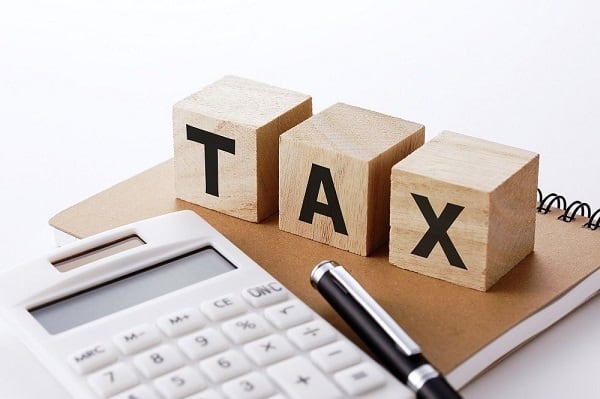The government has once again extended the deadline for filing income tax returns for the tax year 2024 to October 31, giving additional time to those who missed the original submission date.
The previous deadline was October 14, but according to Federal Board of Revenue (FBR) Chairman Rashid Mahmood Langrial, taxpayers faced difficulties completing their returns due to the three-day closure of banks in Islamabad and Rawalpindi.
Under the income tax ordinance, the initial deadline for submitting returns was September 30. However, as of October 14, the FBR had received 4.537 million income tax returns, a significant increase of 107.83% compared to the 2.183 million received during the same period last year.
For tax year 2023, a total of 6.464 million returns were submitted, with the FBR anticipating an additional 1.927 million returns to match last year’s figures.
Preliminary data shows that between July 1, 2023, and October 14, 2024, a total of 1.059 million new filers joined the tax system, including 463,029 new filers added during this period.
Despite the rise in overall tax return submissions, the number of nil-filers has also sharply increased for tax year 2024.
Nil returns are often filed for one-time financial transactions or to benefit from lower tax rates for placement on the Active Taxpayers List (ATL). Between July 1 and October 14, 2024, there were 1.679 million nil-filers, making up 37% of all returns. In comparison, for tax year 2023, there were 783,816 nil-filers, or 35.86% of total returns filed.
In total, the tax year 2023 saw 6.464 million returns filed, with 3.508 million classified as nil returns, accounting for 54.26% of the total.
The government has decided to abolish the non-filer and notional-filer categories to combat the growing number of nil-filers. Notional filers submit returns primarily to qualify for reduced tax rates while avoiding actual tax payments, complicating efforts to track tax evaders.




